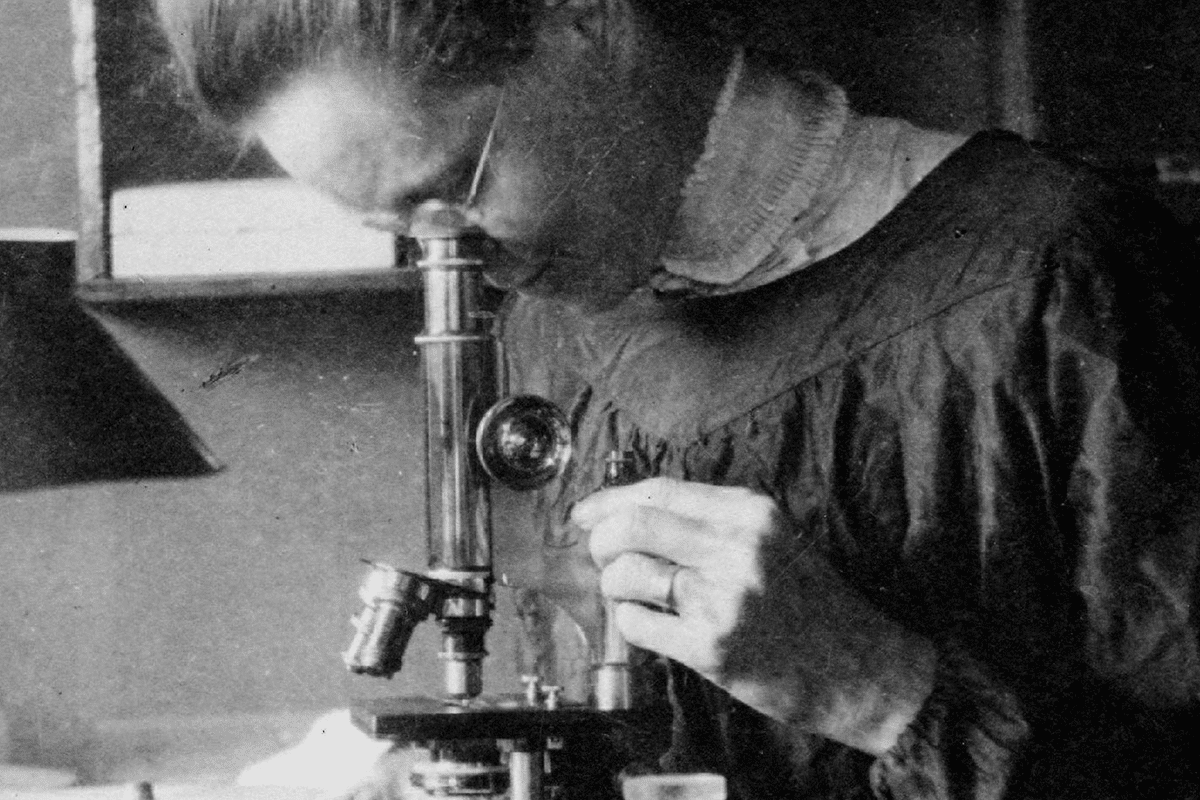Nettie Stevens: The Scientist Who Discovered How Sex Is Determined
The Forgotten Geneticist Who Changed Our Understanding of Biology
Did you know that one of the most fundamental discoveries in genetics—how biological sex is determined—was made by a woman whose name has been largely erased from scientific history? While her male colleague is often credited with the discovery, it was Nettie Stevens who first identified the crucial role of sex chromosomes. Her groundbreaking work revolutionised our understanding of heredity, yet her contributions remain overlooked in many science textbooks.
Who Was Nettie Stevens?
Born in 1861 in Vermont, Nettie Stevens was a scientific pioneer who defied the limitations placed on women of her era. Unlike many of her female contemporaries, Nettie pursued higher education with remarkable determination.
She saved money from teaching to fund her studies, entering college at the age of 35—an age when most women of her time had long since abandoned academic ambitions.
Nettie wasn't just good at science; she was extraordinary at it. She completed her bachelor's and master's degrees at Stanford University with the highest honours. She then earned her Ph.D. from Bryn Mawr College, where she conducted the research that would change biology forever.
Her dedication to scientific inquiry was so profound that she chose a career over marriage—a radical decision in the early 1900s. She was described by colleagues as meticulous, brilliant, and utterly devoted to her microscope and specimens.
The Groundbreaking Discovery
In the early 1900s, the mechanism that determined whether an embryo developed as male or female was one of biology's great mysteries. Some scientists believed environmental factors during development were responsible, while others suspected some form of inheritance was at play.
In 1905, while studying the mealworm beetle Tenebrio molitor, Nettie made a revolutionary observation. She noticed that female beetles had 20 chromosomes of the same size, while males had 19 matching chromosomes plus one smaller one. Through careful analysis, she concluded that the small chromosome, which she called the "Y" chromosome, determined male development.
This discovery was monumental. Nettie had identified the chromosomal basis for sex determination—what we now know as the XY sex-determination system. Her work provided the first clear evidence that a specific chromosome could determine an organism's sex.
Overlooked and Underappreciated
Despite the significance of her discovery, Nettie did not receive the recognition she deserved. Edmund Beecher Wilson, a prominent male scientist who published similar findings shortly after Stevens (though his work was less conclusive), is often credited as the sole discoverer of sex chromosomes.
Nettie's status as a woman scientist in the early 1900s meant she faced significant barriers. She was never offered a full professorship despite her brilliance, instead working as a research scientist with limited resources and recognition.
Her scientific career was tragically cut short when she died of breast cancer in 1912, just seven years after her groundbreaking discovery. She was only 50 years old.
Why She Deserves to Be Remembered
Without Nettie Stevens, our understanding of genetics and heredity would have developed much differently. Her discovery of sex chromosomes was a crucial step in the development of modern genetics, linking Mendelian inheritance to chromosomal theory.
Her work provided the foundation for understanding sex-linked traits and disorders. Conditions like haemophilia, colour blindness, and Duchenne muscular dystrophy—all linked to sex chromosomes—can be better understood because of the pioneering work Nettie did.
She wasn't just a biologist—she was a trailblazer who pursued scientific truth with remarkable precision and clarity at a time when women were actively discouraged from intellectual pursuits.
Let's Give Credit Where It's Due
Nettie Stevens' story is a testament to the power of scientific curiosity and persistence. Her journey from schoolteacher to groundbreaking geneticist demonstrates that scientific genius isn't confined by gender or conventional career paths.
Thomas Hunt Morgan, who won the Nobel Prize for work that built directly on Nettie's discoveries, rarely acknowledged her contributions. Yet modern biologists recognise that without Nettie's careful observations and brilliant analysis, our understanding of genetics would be fundamentally different.
Today, as we work to recognise overlooked figures in scientific history, Nettie Stevens deserves a prominent place in our collective memory. Her story reminds us that scientific progress often depends on those who work diligently at the margins, making observations that change how we understand the world.
What do you think? Have you heard of Nettie Stevens before? Let's spread the word about her revolutionary contributions to genetics and celebrate the women who have shaped our scientific understanding!


